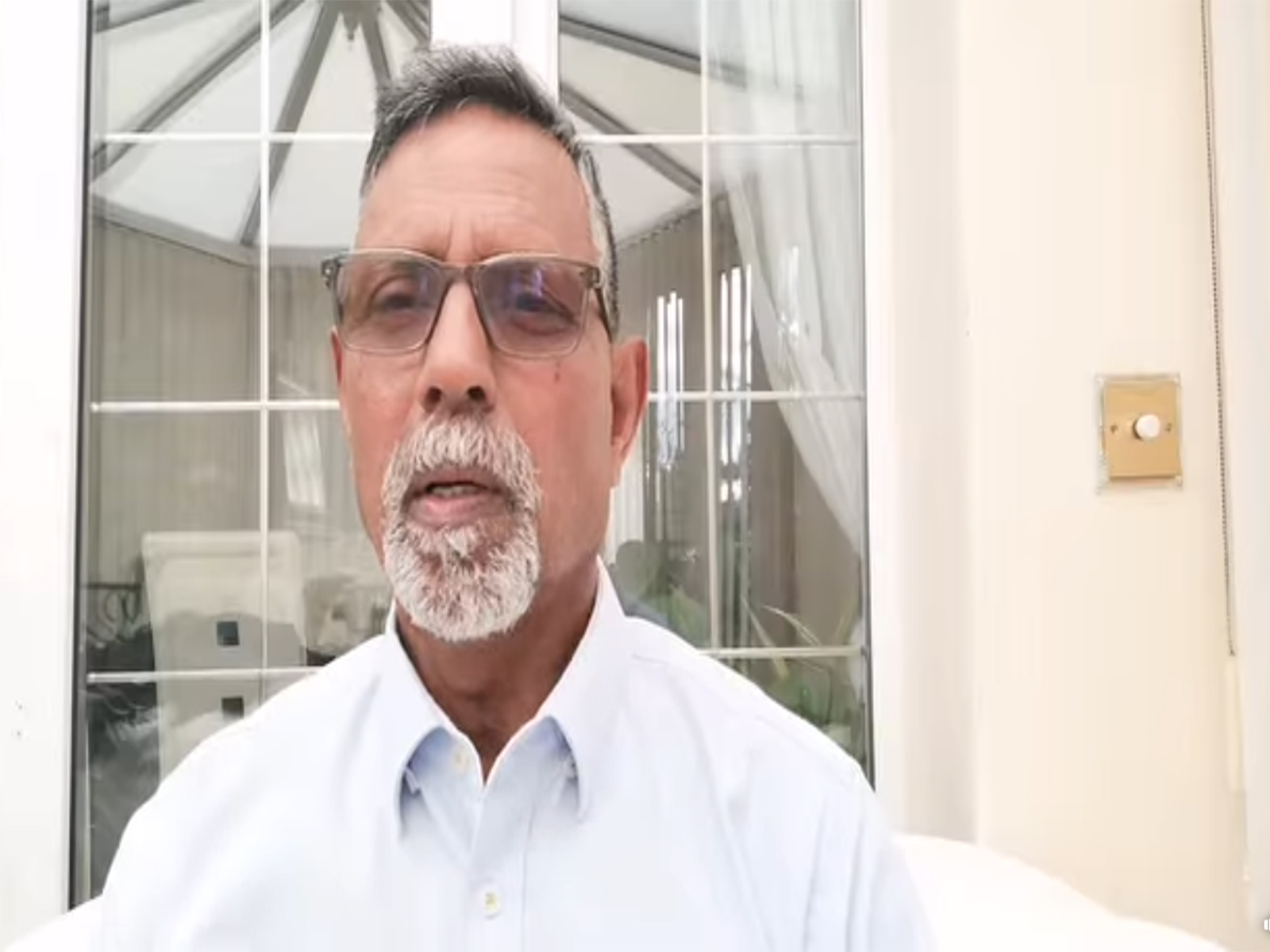Tensions Rise as Pakistan Accused of Militarizing PoJK
Mahmood Kashmiri, Chairman of JKNIA, accuses Pakistan of militarizing Pakistan-occupied Jammu Kashmir, escalating regional tensions. He condemns the weapon distribution to civilians and demands military withdrawal. Kashmiri emphasizes the peaceful nature of the struggle and calls for the arrest of those responsible for violence.

- Country:
- United Kingdom
Amid escalating tensions, the Chairman of The Jammu and Kashmir National Independence Alliance (JKNIA), Mahmood Kashmiri, has levied serious accusations against Pakistan, alleging that the nation is militarizing Pakistan-occupied Jammu Kashmir (PoJK). He warns that such actions threaten to destabilize the already fragile region. Kashmiri claims that Pakistani armed forces have besieged the area, strategically positioning troops at crucial entry points and distributing weapons to civilians—a move he deems a dangerous effort to suppress peaceful resistance.
Reports of weapon distribution have emerged from regions like Muzaffarabad and Rawalakot, where Kashmiri connects these developments to a violent incident in Muzaffarabad. This episode allegedly involved a "Muslim Conference goon," purportedly with police assistance, resulting in the deaths of two soldiers and injuries to others. Kashmiri demands accountability, calling for the arrest of Muslim Conference leader Sardar Ateeq. He reaffirms that the movement in PoJK is a peaceful bid for rights, grounded in legal and dignified principles. "The people's strength is the greatest strength," he asserts, insisting that no amount of armed force can silence their voices.
In a firm ultimatum to Islamabad, Kashmiri demands the immediate withdrawal of Pakistani troops from PoJK, allowing residents to live tranquilly. He calls for an end to what he describes as "plans of killing" peaceful citizens, clarifying that any resultant violence falls on Pakistan's shoulders, not the PoJK government, which he accuses of aligning with Pakistan's interests. He concludes with three critical demands: the removal of Pakistani forces, fulfillment of the rights movement, and the arrest of Sardar Ateeq. Kashmiri warns that continued military presence and civilian armament will deepen unrest, and emphasizes that peaceful resistance cannot be crushed by force. He urges Pakistan's institutions to engage in dialogue to de-escalate the situation and restore peace.
(With inputs from agencies.)










